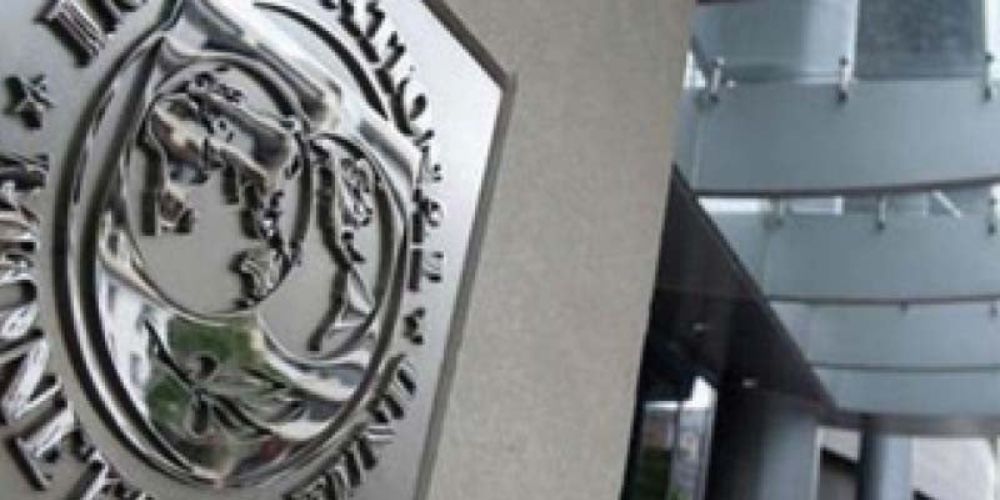The report was sent to the IMF as part of the requirement that a task force performs a thorough assessment of the institutional structure of Pakistan’s anti-graft environment.
The interim report contains the task force’s recommendations for changes to the NAO, 1999, and the FIA Act, 1974. After the government made adjustments to the NAO that benefited both politicians and bureaucrats equally, the IMF imposed the condition last year.
However, the task force’s formation took the government six months. The force was then urgently invited to two meetings last month to complete an interim report that would be given to the IMF.

It informed the task force on the review of the institutional structure of anti-corruption institutions as late as December 27. Azam Nazeer Tarar, minister of law and justice, was chosen to lead the task force. Its other members were former Punjab chief secretary Nasir Mahmood Khosa, minister of state for finance Aisha Ghaus Pasha, and ex-finance secretary Younus Dagha.
The task force suggested that the anti-corruption agencies should have clearly defined jurisdictions, according to one of the proposals.
In the interim report, it was stated that “another important aspect which requires consideration is unequivocally defining the jurisdiction of NAB [the National Accountability Bureau] and the FIA [Federal Investigation Agency] in their respective laws as it is often seen that both agencies take cognizance of the same offense [raising] serious questions over [the] effectiveness to try corruption cases.”
“The committee agreed that in a system like ours, increased severity of punishment may not deliver desirable results but the certainty of punishment may show [to be] an effective [type of] deterrent,” the statement continued.
According to the report, institutional corruption should be reduced by taking a proactive approach, and if suspects are found guilty, predetermined consequences may be assured.
The task force requested an examination of public sector departments’ accounts in another suggestion.
It also recommended enhancing the skills of anti-graft agency employees. According to the report, the FIA is the only investigating agency in the world that offers immigration services at airports.
Almost half of its resources, it continued, were allocated to immigration services, with the other funds going toward corruption and other crimes.
Because of this, the study noted, “officers posted as investigation officers from immigration desks lack the fundamental knowledge and expertise for investigating and prosecuting corrupt acts.”
To combat corruption at the institutional level, the task force advised the establishment of chief financial and accounting officers as well as chief internal auditors.
It was suggested that public disclosure of civil workers’ asset declarations be made.
The task force is aware that creating an effective anti-corruption regime for a nation the size of Pakistan won’t be a quick process and would call for ongoing efforts to assess the relevant institutions and procedures.
The task force declared that the demands put forth by the IMF will be examined and met by the anti-corruption mechanism within the constitutional and legal realms while considering other factors.
The report offered a brief description of the circumstances that gave rise to the NAB law modifications.
As a result, the report revealed that almost six months prior, the country’s parliament unanimously approved amendments to the NAO, 1999 to rein in excesses and bring the authority of NAB officials within the bounds of the law to ensure that everyone was treated fairly and without violating fundamental rights.
A statutory ceiling was established, meaning that any case with a value greater than Rs. 500 million would be subject to NAB’s jurisdiction. Anything below this amount will be governed by either the FIA or the relevant provincial anti-corruption agency.
The government told the IMF that, in this situation, it had been advised that the agency’s main responsibility should be to investigate cases of corruption in addition to allocating money to the training and capacity development of its investigators.








